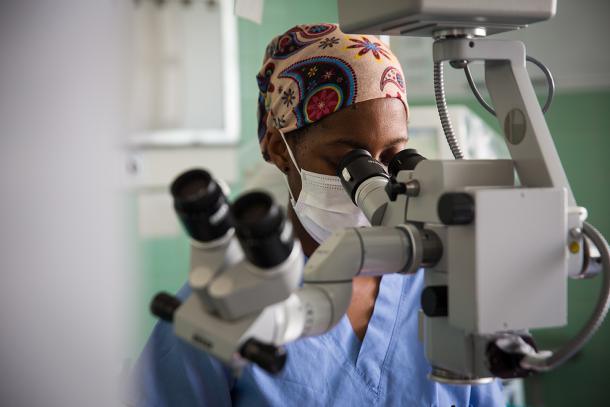As the world marks the International Day of Women and Girls in Science, alarming statistics from UNESCO reveal that only 33.3% of researchers worldwide are women, highlighting the deep gender gap in Science, Technology, Engineering, and Mathematics (STEM) fields. Despite global advancements, women make up just 35% of students in STEM-related disciplines, a figure that remains a major cause for concern.
This year’s 10th-anniversary celebration, themed “Unpacking STEM Careers: Her Voice in Science,” is a wake-up call for increased female participation in science. According to UNESCO, overcoming global challenges like climate change depends on fully harnessing all available talent, including more women in STEM fields.
The gender disparity in STEM is not just a statistic—it represents real-life struggles. In Nigeria, many young women face systemic barriers that prevent them from pursuing science-related careers. Faith Akpan, a bright student, dreamed of studying medicine or nursing but spent seven years struggling for admission despite excellent results in her JAMB examinations. Meanwhile, countless others are denied opportunities due to tribal bias, financial hardships, and an unsupportive educational system.
UNESCO emphasizes that gender equality in education is crucial for development and peace, urging governments, institutions, and society to take immediate action. While initiatives like student loans exist, accessibility remains a challenge for those who need them most. Skyrocketing tuition fees further complicate the situation, making higher education an impossible dream for many.
Read also: Delta solicitor-general tasks women lawyers to focus on their law practice
Beyond financial constraints, bullying, domestic violence, and sexual exploitation by unethical lecturers have created additional barriers for young women in academia. Cultural and religious restrictions, particularly in Northern Nigeria, have also contributed to the crisis. The Boko Haram insurgency, which has targeted schoolgirls in Chibok, Dapchi, and other regions, has worsened the situation, reinforcing fears and preventing many girls from pursuing education.
With these growing concerns, experts are calling on the government and civil society to do more than just acknowledge the problem. Stronger policies, better funding opportunities, and a safer learning environment are crucial to ensuring equal access to STEM education. If real change is not implemented, the world risks losing countless future scientists, engineers, and innovators—women who could shape the future but are held back by social, financial, and systemic barriers.
As the world celebrates Women and Girls in Science Day, UNESCO’s message is clear: education is the most powerful investment in our collective future. It is time to break down the barriers preventing girls from excelling in STEM and create an environment where every young woman can dream big, study freely, and achieve her full potential.






